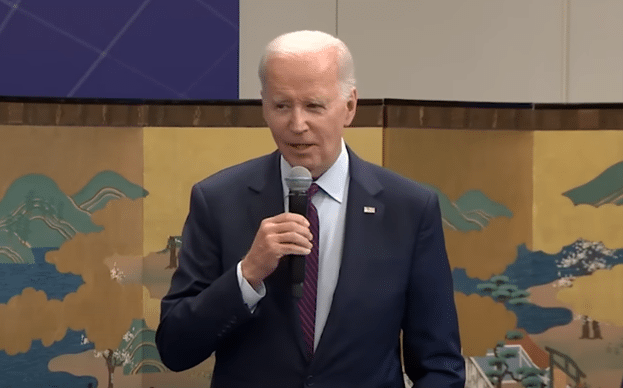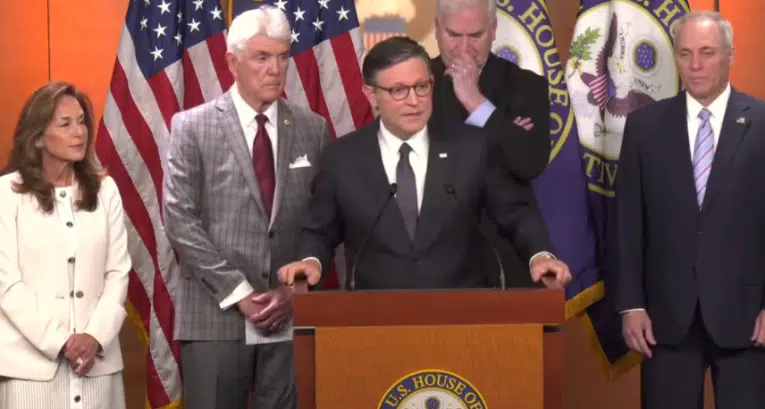
The incumbent governors of Kentucky and Mississippi both won their reelection bids relatively easily on Nov. 7 a year away from incumbent President Joe Biden’s own reelection bid in 2024.
In Kentucky, Andy Beshear garnered fewer votes than in 2019 but a wider margin with 52.5 percent of the vote over Daniel Cameron. In 2019, Beshear barely beat Matt Bevin, 49.2 percent to 48.8 percent.
In Mississippi, Tate Reeves garnered 51.6 percent of the vote over Democratic challenger Brandon Presley, nearly identical to his 51.9 percent support in 2019 when he was first elected.
Such is the power of incumbency in electoral politics. It might be hard to imagine a Democrat winning in Kentucky, a state Donald Trump will easily win next year, or a Republican winning just as easily in a state where there are some voters still angry about Roe v. Wade being overturned and abortions being banned statewide, but they both did comfortably.
Even in Virginia, although Democrats picked up seats in the House of Delegates, it was hardly a landslide, a bare increase of three seats in the 100-seat body, with one seat still too close to call. In the Senate, Democrats still only won 21 seats, just like in 2019.
Similar forces will be at play in 2024 when President Biden stands for reelection. Incumbent presidents usually win about two-thirds of the time right off the bat.
The most recently defeated former presidents Donald Trump, George H.W. Bush, Jimmy Carter and Herbert Hoover all had economic recessions during their terms of office. So did Gerald Ford, although he was never elected in the first place, but also stands out as a sitting president who was defeated at the ballot box.
So, if anything might contribute to Biden similarly being a one-term president it might be the economy, where prices remain elevated after massive increases in 2021 and 2022 and incomes still have not caught up, and unemployment has started to slowly creep upward.
On the other hand, the sitting president will still be able to raise hundreds of millions of dollars for his reelection bid and flood the airwaves with ads, use the bully pulpit to give speeches and mobilize his voter base with the Democratic political machine, using their advantage in early voting, attempting to make the case that America has turned the corner economically.
Democrats have also won the popular vote in the last four presidential elections by millions of votes, even though the most recent partisan affiliation survey by Gallup in September shows just 24 percent of voters consider themselves Democrats, 28 percent Republican and 46 percent say they are independent.
Even if polls shows former President Donald Trump far ahead of Biden, complacency is often the herald of certain defeat if campaigns fail to mobilize their bases and register new supporters well ahead of time. And then when the elections do come, are able to bank enough early votes, an area where Republicans so far have been unable to reach parity with Democrats, although Trump has promised to innovate Republican get out the vote efforts including early voting next year.
2024 might be a reckoning for Joe Biden, but Republicans must not lose sight that incumbents usually win and it won’t be easy. They and their nominee will have to make their case to the American people, and even then, they might need some help.
Robert Romano is the Vice President of Public Policy at Americans for Limited Government Foundation.





